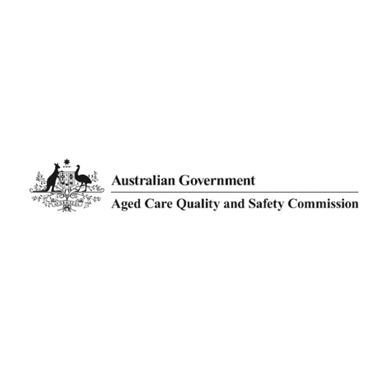Updated: 27 May 2019
Glossary
• Update to entry for Consumer-centred care – Care and services that are designed around an individual’s needs, preference and background. It includes partnership between consumers and providers.
Updated: 15 May 2019
New legislation:
• Aged Care Quality Act 1997 (Cth), User Rights Amendment (Charter of Aged Care Rights) Principles 2019
• Quality of Care Amendment (Minimising the Use of Restraints) Principles 2019
New content added to:
• Standard 3 – Requirement (3)(b): ““minimising restrictive practices – These interventions have high potential for harm and are practices that organisations can avoid with positive changes in how they assess, plan and deliver personal and clinical care for consumers. If an organisation uses restrictive practices such as physical or chemical restraint, these are expected to be consistent with best practice and used as a last resort, for as short a time as possible and comply with relevant legislation.”
• Standard 8 – Requirement (3)(d): “Records show how staff are trained and supported to assess or evaluate the use of restraints in order to minimise or eliminate their use.”
• Standard 8 – Requirement (3)(d): “Evidence of how the organisation monitors and reports on the use of restraints.”
• Standard 8 – Requirement (3)(e): “(ii) Minimising the use of restraint – Restraint means any practice, device or action that interferes with a consumer’s ability to make a decision or restricts a consumer’s free movement. Where restraint is clinically necessary to prevent harm, the organisation should have systems to manage how restraints are used. This is in accordance with legislation and the organisation’s policies on reporting the use of restraints.”
• Standard 8 – Requirement (3)(e): “Evidence of appropriate authorisation and consent for the use of restraints in compliance with legislation.”
Glossary – Restrictive practices: “The use of interventions and practices that have the effect of restricting the rights or freedom of movement of a person with disability. These primarily include restraint and seclusion.Chemical restraint means a restraint that is, or that involves, the use of medication or a chemical substance for the purpose of influencing a person’s behaviour, other than medication prescribed for the treatment of, or to enable treatment of, a diagnosed mental disorder, a physical illness or a physical condition. Physical restraint means any restraint other than: (a) a chemical restraint; or (b) the use of medication prescribed for the treatment of, or to enable treatment of, a diagnosed mental disorder, a physical illness or a physical condition. This guidance adopts the general principle that restrictive practices are only implemented as a last resort; are implemented for the least amount of time possible; are recorded, monitored and reviewed; have tight safeguards in place that are focused on minimising risk to consumers, staff, and others; and are undertaken with a focus on ensuring decency, humanity and respect at all stages.”
Glossary – Clinical governance: “An integrated set of leadership, behaviours, policies, procedures, responsibilities, relationships and monitoring and improvement mechanisms that are directed towards ensuring good clinical outcomes. Effective clinical governance systems ensure that everyone – from unregulated care providers, to employed or external regulated health practitioners, to managers and members of governing bodies such as boards – is accountable to consumers and the community for the delivery of clinical care that is safe, effective, integrated, high quality and continuously improving.”
Read more:
Updates to Guidance and Resources for Providers to support the Aged Care Quality Standards

